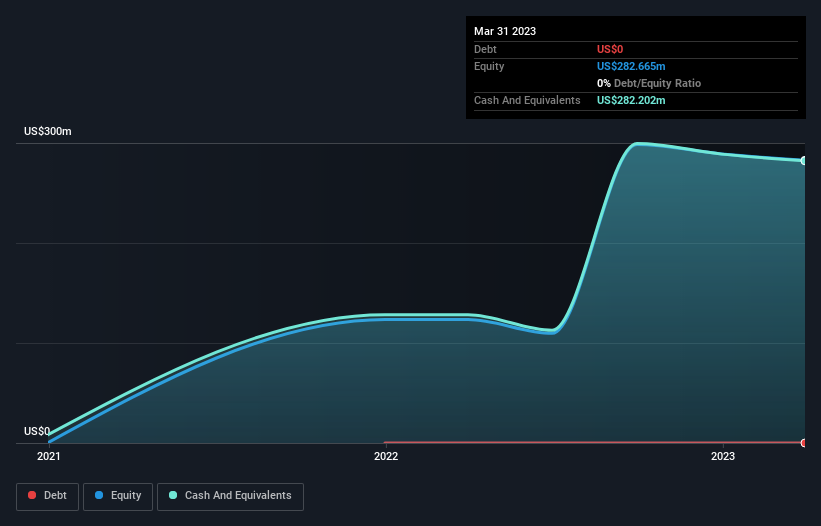
Diabetes continues to be one of the most urgent global health challenges, affecting hundreds of millions of people and placing growing pressure on healthcare systems. While medical technologies have come a long way in improving diabetes care, broader collaboration is essential to bring innovative tools to the patients who need them most. Joe Kiani, founder of Masimo, recognizes that advancing diabetes care depends on partnerships that prioritize accessibility and long-term impact.
Public-private partnerships are helping accelerate progress by aligning the resources and expertise of government agencies, private companies and healthcare institutions. These collaborations are driving research, supporting the development of next-generation tools and improving how new technologies reach underserved communities. As these efforts expand, they are reshaping the landscape of diabetes care and offering a more unified path toward scalable, patient-centered solutions.
The Importance of Public-Private Partnerships in Diabetes Innovation
Public-private partnerships are essential for accelerating advancements in diabetes technology. They combine the expertise, resources and networks of multiple stakeholders. Government agencies provide regulatory guidance and funding opportunities, while private companies contribute technological expertise, research capabilities and commercialization strategies. Key benefits of public-private collaboration in diabetes technology:
Faster innovation cycles: Streamlining the development of next-generation glucose monitors, insulin delivery systems and AI-powered management tools.
Increased funding for research and development: Leveraging government grants and private investment to advance these new technologies.
Expanded access to care: Ensuring underserved populations benefit from technological advancements through subsidized healthcare programs.
Regulatory support and compliance: Facilitating smoother market entry for innovative diabetes solutions.
By bridging the gap between public health initiatives and private-sector ingenuity, these partnerships are fostering long-term solutions that improve patient outcomes and reduce the economic burden of diabetes.
Successful Public-Private Collaborations in Diabetes Care
Several notable partnerships have emerged in recent years, demonstrating the effectiveness of collaboration in driving diabetes innovation.
The National Institutes of Health and Industry Collaboration for Diabetes Research: The National Institutes of Health has teamed up with pharmaceutical and biotech firms to fund diabetes research initiatives, accelerating the discovery of new treatments and technologies.
Google’s Verily and Dexcom Partnership: This collaboration focuses on developing smaller, more affordable Continuous Glucose Monitors that integrate with digital health platforms, improving remote monitoring capabilities.
The American Diabetes Association and Tech Companies: The American Diabetes Association has partnered with technology firms to enhance digital health tools that support diabetes prevention and self-management programs.
World Health Organization and Medical Device Manufacturers: These collaborations aim to improve global access to diabetes technology in low-income regions.
These initiatives highlight the transformative power of public-private partnerships in diabetes care, demonstrating that cooperative efforts can lead to more accessible, effective and scalable solutions.
How Technology Companies Are Shaping Diabetes Care Through Collaboration
Leading technology firms are playing an increasingly important role in diabetes management by integrating AI, wearable technology and digital health solutions into treatment strategies. Through collaborations with healthcare providers and government agencies, these companies are driving the development of innovative solutions that empower patients to take control of their health. Key areas where tech companies are making an impact:
AI-driven glucose monitoring: Machine learning models analyze real-time data to provide predictive insights on blood sugar levels.
Automated insulin delivery: Smart insulin pumps and closed-loop systems optimize dosage precision.
Digital therapeutics for diabetes management: AI-powered apps offer behavioral coaching, diet tracking and remote monitoring.
Blockchain for secure health data sharing: Enhancing patient privacy while improving interoperability among healthcare systems.
As technology continues to advance, public-private partnerships will remain critical in ensuring that these innovations are widely available and seamlessly integrated into healthcare systems.
The Future of Public-Private Partnerships in Diabetes Innovation
As diabetes rates continue to rise, public-private partnerships will play an increasingly vital role in healthcare innovation. Future collaborations will focus on:
- Expanding AI and machine learning applications to enhance predictive analytics and personalized treatment plans
- Developing non-invasive glucose monitoring technologies that eliminate the need for finger-prick testing
- Integrating telemedicine and remote monitoring solutions to improve patient engagement and accessibility
- Enhancing global health initiatives by making diabetes technology more affordable and widely available
These partnerships foster collaboration among research institutions, technology companies and healthcare providers to advance meaningful progress in diabetes management. Joe Kiani highlights why continued innovation is so essential, stating, “The people who have this disease don’t get to really live a good, easy life; they’re constantly managing their disease.” Managing diabetes remains a daily challenge for millions, and the demand for solutions that simplify care continues to grow. Public-private efforts are meeting that need by turning research into practical tools that scale. By aligning resources and expertise, these joint initiatives are closing care gaps, speeding up development and extending the reach of new technologies to communities that need them most.
The Power of Collaboration in Diabetes Care
Public-private partnerships are shaping the future of diabetes technology by accelerating research, driving innovation and expanding patient access to life-changing tools. By fostering collaboration between government agencies, healthcare providers and technology companies, these partnerships create an environment where medical advancements can be efficiently developed, tested and implemented.
These partnerships benefit patients and reduce the overall economic burden of diabetes on healthcare systems. By investing in preventive technologies and early intervention strategies, the public and private sectors can collaborate to decrease hospitalizations, lower medication costs and improve long-term health outcomes for millions of people. As more stakeholders collaborate, the best practices in diabetes management can be standardized, leading to a more cohesive and effective approach to treatment.
As these collaborative efforts continue to grow, they hold the potential to redefine diabetes care, making treatments more personalized, accessible and effective. The future of diabetes management depends on these partnerships, ensuring that the latest technological breakthroughs reach the people who need them most, ultimately improving lives and reducing the burden of this chronic condition worldwide. By expanding research efforts, fostering greater technological integration and prioritizing patient-centered care, public-private collaborations will continue to drive the next generation of diabetes solutions, ensuring that healthcare remains proactive, innovative and inclusive.

